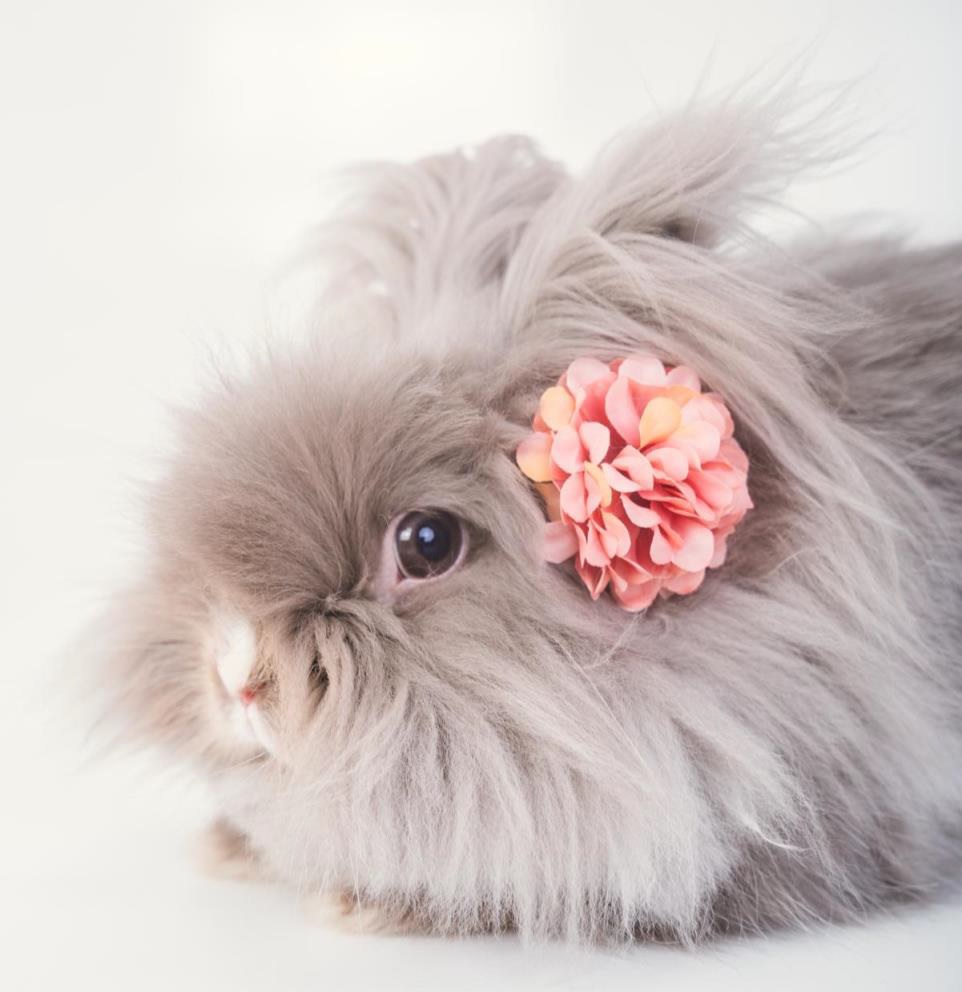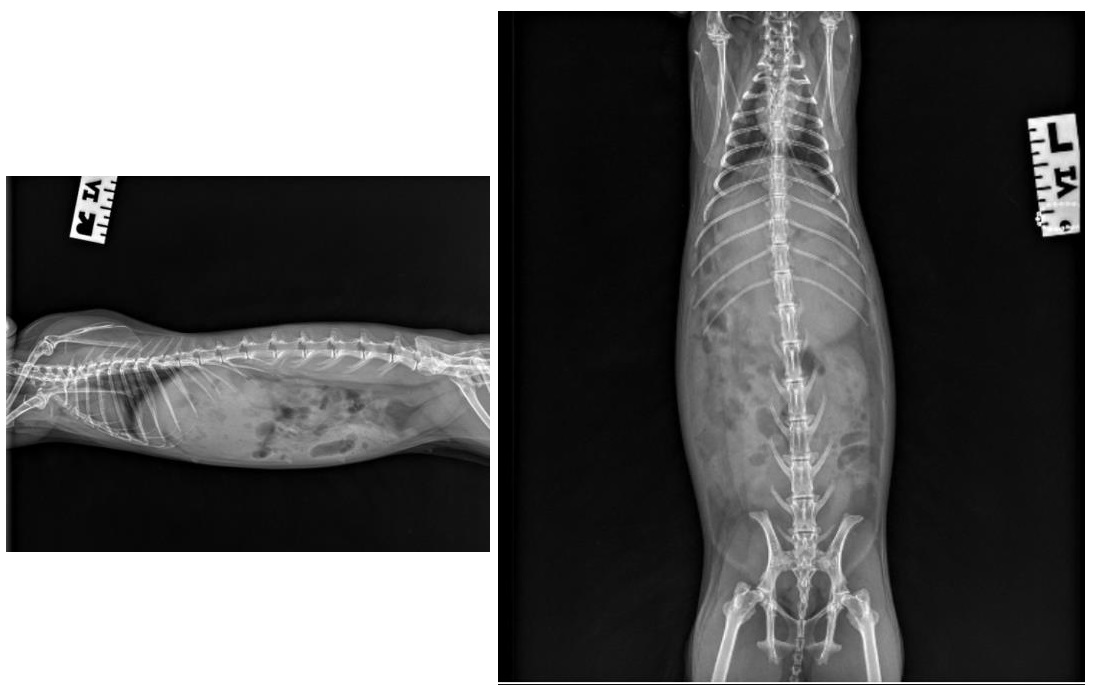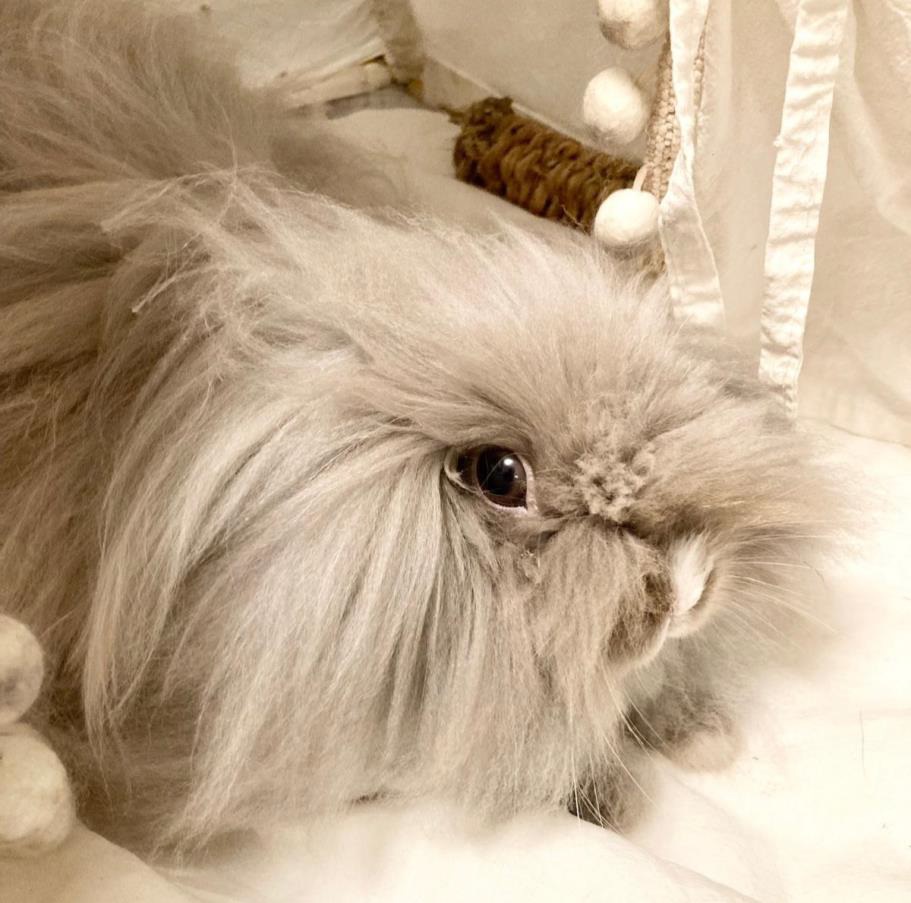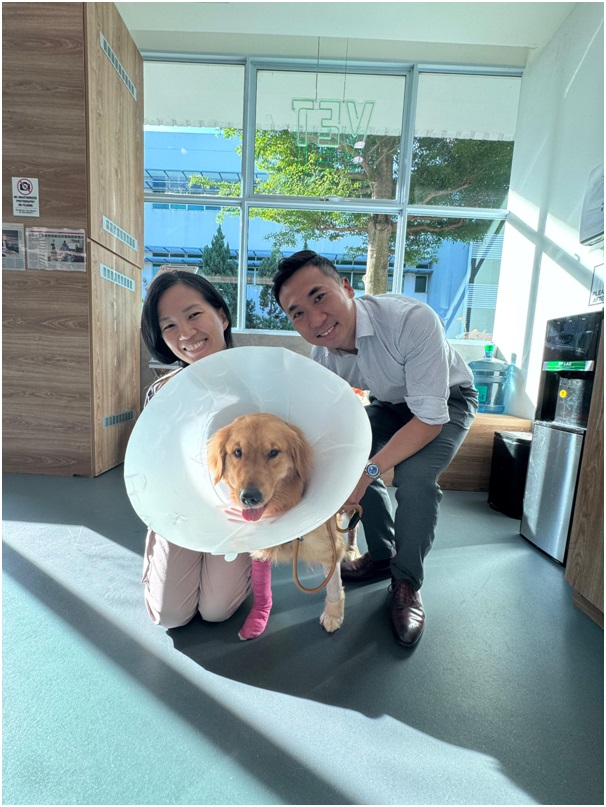When Cotton Tail, a beloved 2-year-old angora rabbit, suddenly stopped eating in early February, Ms Tomoko knew something was seriously wrong.
Named after the cherished character from Peter Rabbit that Ms Tomoko’s children adore, Cotton Tail had always been the tranquil heart of their household.
A Worrying Turn
One morning, her owner noticed she had begun what initially seemed like a hunger strike.
The situation escalated quickly when Cotton Tail produced no droppings on the second day. While Cotton Tail briefly showed improvement at home, eating from a new hay toy, the relief was short-lived when she stopped eating again.
 Cotton Tail, named for a character in book ‘Peter Rabbit’.
Cotton Tail, named for a character in book ‘Peter Rabbit’.
“I stayed up all night trying to get her to eat anything,” recalled her 42-year-old owner. “She is usually social and playful with our guinea pigs, racing around the balcony together. To see her so listless and uninterested in food was heartbreaking.”
Expert Care and Diagnosis
On reaching Beecroft, Cotton Tail presented with a complete loss of appetite and absence of bowel movements. The examination revealed a painful, distended bladder and signs of abdominal discomfort.
Comprehensive testing indicated dehydration, inflammation likely originating from her gastrointestinal or urinary tract, stress-related elevated blood sugar levels; all signs indicated a threatening gut stasis.
Dr Rina Maguire, Beecroft’s exotic specialist, attended Cotton Tail.
A series of diagnostics including radiographs, blood and urine tests were performed.
 X-rays of Cotton Tail
X-rays of Cotton Tail
The veterinary team diagnosed Cotton Tail with cystitis, likely caused by dietary factors. Her previous diet of alfalfa and fruit treats had contributed to urinary sludge formation, creating the perfect conditions for urinary inflammation.
The Road to Recovery
During her three-day hospitalization, Cotton Tail received comprehensive care, including fluid therapy, nutritional support, pain management, and a therapeutic regime of eight different medications to restore her digestive function. The exotics veterinary team worked tirelessly to address her urinary inflammation and digestive issues.
By day three, Cotton Tail began voluntarily eating hay again, showed increased mental alertness, and resumed regular bowel movements—all encouraging signs that her body was healing.
 Cotton Tail all ready to head home!
Cotton Tail all ready to head home!
A New Chapter
Cotton Tail returned home with a completely revised diet plan. Gone were the alfalfa and fruit treats that had contributed to her condition. Instead, she now exclusively enjoys timothy and orchard hay, which better supports her urinary and digestive health.
“The veterinary team taught me so much about proper rabbit nutrition,” her owner reflects. “I had no idea that what I thought were healthy treats were causing problems.”
Back to Being Herself
Today, Cotton Tail has returned to her role as the family’s beloved companion. She is back to demanding affection and resuming racing around the balcony.
 Cotton Tail safe and healthy back at home.
Cotton Tail safe and healthy back at home.
Cotton Tail’s story is an important reminder that even subtle changes in a pet’s behaviour can signal serious health issues. Thanks to her owner’s vigilance and the expertise of the veterinary team, this gentle angora rabbit made a full recovery and continues to bring peace and joy to her loving family.
“She truly unites our family,” her owner says with a smile. “We are so grateful to have our Cotton Tail back to her calm, loving self.”
For referral, please reach us here.




